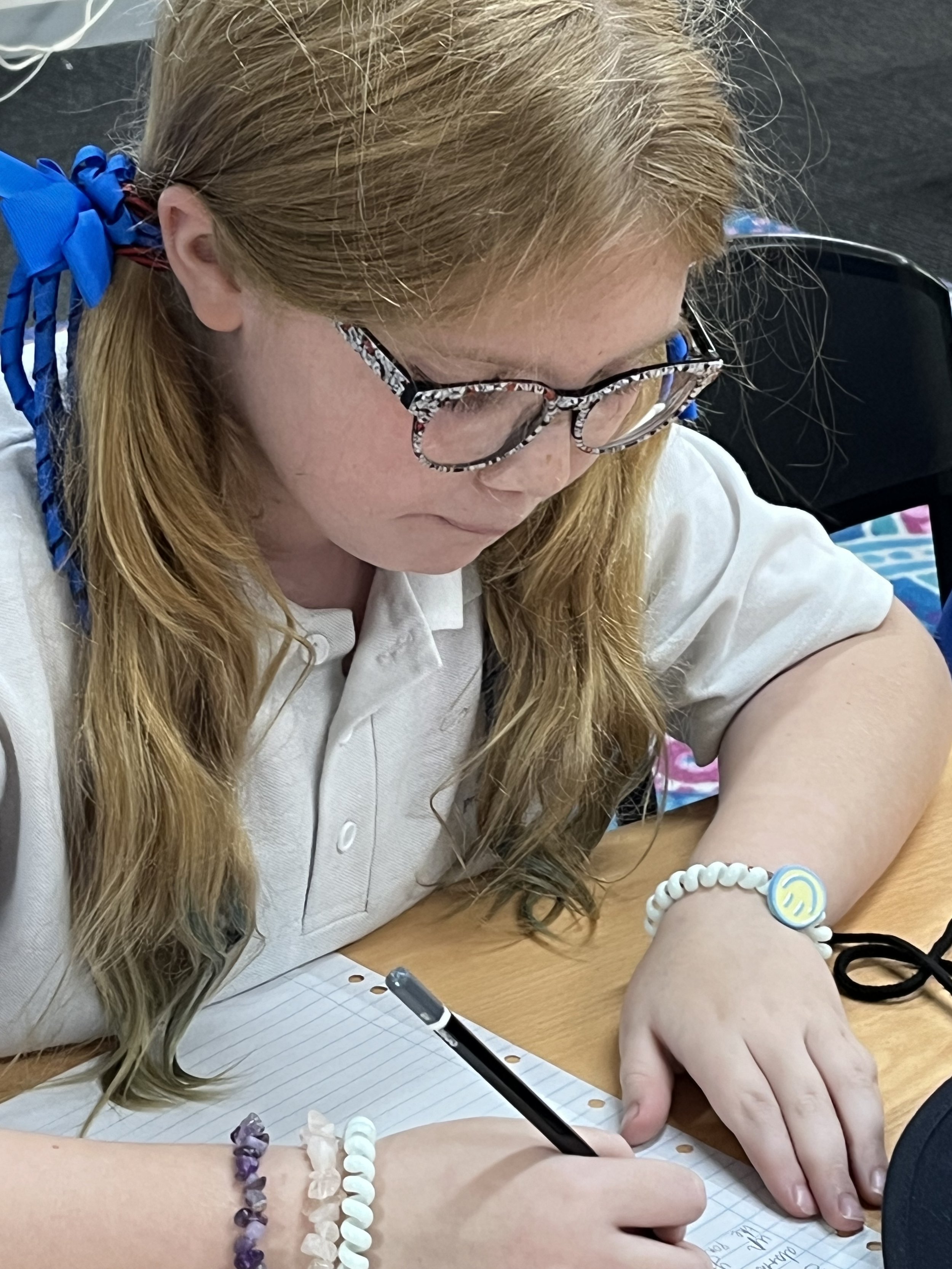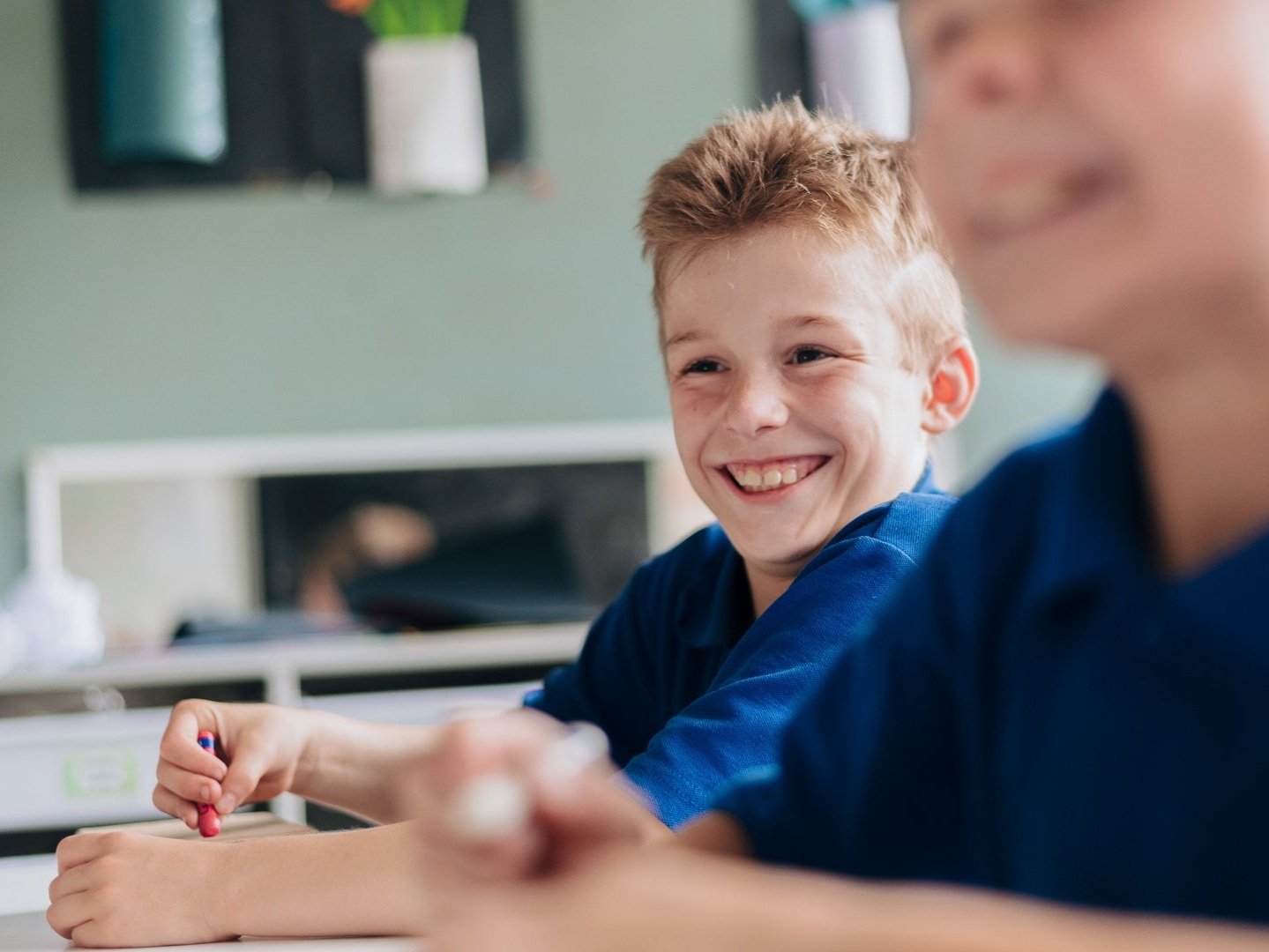
Reading, Writing and Mathematics
-

Reading
At Gladysdale Primary School teaching reading involves a multifaceted approach that included various strategies and techniques tailored to meet the diverse needs of students.
Phonemic Awareness and Phonics: While children are learning to be come independent reader the focus is on connecting sounds to letters and understanding the relationship between letters and sounds. This is foundational skills that provide the building blocks for reading.
-Reading to: Students are read to everyday. Picture books and class novels are chosen to develop vocabulary, promote discussion, questioning and a love of literature.
- Sight words: The most common words are taught through games and activities to develop speed and accuracy in early readers.
- Comprehension Strategies: Comprehension strategies enable students to understand, analyse, and interpret texts effectively. Teachers explicitly teach comprehension strategies such as predicting, questioning, visualising, summarising, and making connections. These strategies are explicitly taught through guided reading, Modelling these strategies through think-alouds and guided practice sessions, as well as providing opportunities for independent application, helps students become proficient readers who can engage deeply with texts.
- Reading Activities: Within the reading hour students are given a wide range of reading activities to develop their fluency, ability to follow instructions, research skills and comprehension skills across a variety of texts and genres. Students are exposed to a variety of texts and genres to broaden their reading experiences and foster a love for reading.
- Daily Independent reading: Students are given time each days to read for pleasure. During this time teachers conference with individual children, teaching them at their own level and setting them goals to practise. Independent reading is encouraged through classroom libraries, Epic books online, book clubs and literature circles.
-

Writing
At Gladysdale Primary School we teach writing using VCOP (Vocabulary, Connectives, Openers, and Punctuation) aimed at improving students' writing skills by focusing on key elements of effective writing. Additionally, we teach students to consider the structure of different genres, purposes and audiences. Here's how these strategies are typically integrated into writing instruction:
• Daily warm ups focusing on developing WOW words and phrases in student’s vocabulary, interesting connectives, engaging openers and correct punctuation.
• Whole school focuses on one genre at a time where students plan, write and edit pieces of work, taking pride in completed pieces. The purpose and audience is clearly stated to ensure students understand the function of their writing.
• The Big Write – this occurs fortnightly with information being sent home a week in advance to give students time to prepare their ideas before the writing session.
• Spelling – We use SMART spelling, a phonetic approach to spelling that introduces a new sound each week and gives students spelling words with that sound at their own level.
• Individual goals – All students at Gladysdale Primary School have an Individual Education Plan. As part of this plan, every student has a personal writing goal to ensure they are constantly working towards personal improvement.
By combining the VCOP approach with teaching students to consider the purpose and audience of their writing, students are empowered to become confident and proficient writers. These strategies provide students with the tools and skills they need to express themselves clearly, persuasively, and creatively in a variety of contexts.
-

Mathematics
At Gladysdale Primary School, our mathematics program emphasises a hands-on and real-world approach to learning. The curriculum is designed to help young learners not only understand mathematical concepts but also recognise their practical applications in everyday life. Here's what we focus on.
Concrete Manipulatives: Mathematics begins with the use of physical objects to help students grasp foundational concepts. For instance, students might use blocks or counting beads to understand addition and subtraction or geometric shapes to explore concepts of symmetry and spatial relationships. These concrete materials are available to students for as long as they need them.
Real-World Contexts: Teachers strive to connect mathematical concepts to real-life situations that are relevant and meaningful to students.
Problem-Solving and Critical Thinking: We emphasise problem-solving and critical thinking skills. Students are encouraged to approach mathematical challenges creatively and to apply their knowledge in different scenarios. Real-world problems are often presented to students, challenging them to analyse, strategise, and come up with solutions using mathematical concepts they have learned. This approach not only reinforces mathematical skills but also fosters resilience and confidence in tackling new challenges. We use the term “stay in the struggle” to help students understand that Mathematics is not about knowing the right answer but using a range of strategies to solve problems.
Technology Integration: We use Mathletics to revise the topics we have learnt in class and Essential Assessments as pre and post tests to ensure we are teaching every individual student at their point of need.
Passion Projects
On Fridays, students at Gladysdale bring all these fundamental skills together to work on their own passion projects. Students spend the whole term learning about a topic of their choice and then presenting their learning at the Expo during the last assembly of each term.
In passion projects, students have the opportunity to develop a wide range of skills, including time management and independent learning. Time management skills are honed as students plan and organise their project timelines, setting realistic goals and allocating time effectively to meet deadlines. This fosters a sense of responsibility and accountability for their work. Passion projects promote independent learning as students take ownership of their learning journey, pursuing topics or activities that genuinely interest them. They engage in research, experimentation, and exploration, often seeking out resources and information on their own initiative. This fosters critical thinking, problem-solving, and self-direction skills. Additionally, students learn resilience and perseverance as they encounter challenges and setbacks, developing the tenacity to overcome obstacles and achieve their goals. Overall, passion projects empowering students to become self-motivated, lifelong learners.





